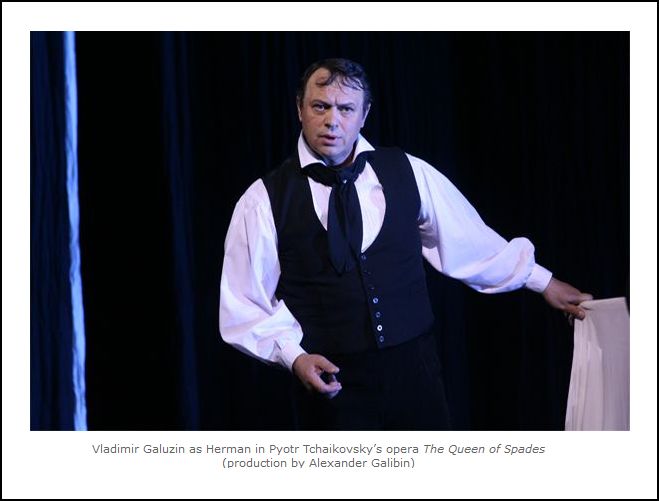
[Note that spellings of names can be slightly different due to transliterations from the Cyrillic alphabet]

|
He is in much demand internationally, performing regularly during the last two decades as a guest of most of the world’s most prominent opera houses, concert halls and festivals, including New York’s Metropolitan Opera, Chicago’s Lyric Opera, the San Francisco Opera, the Houston Grand Opera, and the Los Angeles Opera in the United States; London’s Royal Opera House, Covent Garden, in the United Kingdom; Milan’s Teatro alla Scala; Venice’s La Fenice, the Teatro Verdi in Trieste, the Teatro Comunale in Bologna as well as Florence’s Teatro Comunale; the Vienna State Opera in Austria; the Opéra National (Bastille) and Théâtre de Chatelet, both in Paris, as well as Toulouse’s Théâtre de Capitole and the Marseille Opera in France; Madrid’s Teatro Real and Barcelona’s Grand Teatre del Liceu in Spain; both the Mariinsky Theater in St. Petersburg and the Bolshoi Theater in Moscow, Russia; Amsterdam’s Nederlandse Opera in The Netherlands; the Deutsche Oper Berlin, the Cologne Opera and the Baden-Baden Festspielhaus in Germany; the New National Theater in Tokyo, Japan; the New Israeli Opera; and the Teatro Colón in Buenos Aires, Argentina. In addition, he has performed at the Salzburg, Bregenz and Edinburgh Festivals and Washington’s Kennedy Center; London’s Royal Albert Hall; the Chorégies d’Orange and the Arena di Verona. Galouzine has collaborated with many of the world’s most important
conductors including Valery
Gergiev, Claudio
Abbado, Zubin
Mehta, Michel
Plasson, Gennady Rozhdestvensky, Mstislav Rostropovich,
Carlo Rizzi, James Conlon,
Dennis Russell
Davies, Marcello Viotti, Semyon Bychkov, Donato Renzetti,
Miguel Gómez-Martínez,
Gary Bertini,
Bernard Haitink,
Riccardo Muti, Mark Elder,
Daniel Barenboim,
Jesús
López-Cobos, Andrew Davis, Yuri Temirkanov, Bruno Bartoletti,
and stage directors such as Franco Zeffirelli, Graham Vick, August Everding, Giancarlo
Del Monaco and Elijah Moshinsky. == Names which are links in this box and below refer to my interviews elsewhere on my website. BD |
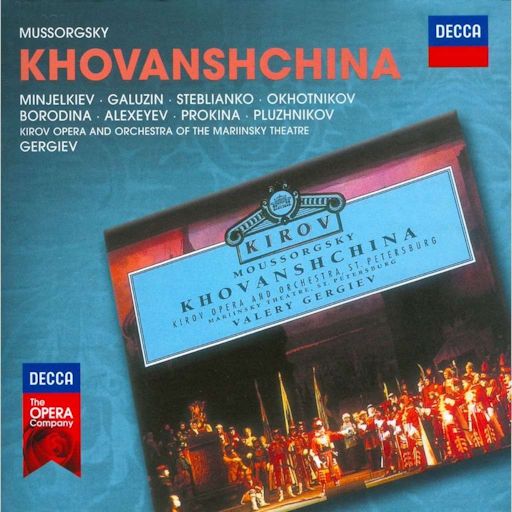 It was my pleasure to have a conversation with Vladimir
Galouzine on the first of his several visits to Chicago. Besides his
knowledge and understanding of the repertoire, he was charming and witty
throughout the chat. My thanks go to Eva Belavsky for providing the
translation for us.
It was my pleasure to have a conversation with Vladimir
Galouzine on the first of his several visits to Chicago. Besides his
knowledge and understanding of the repertoire, he was charming and witty
throughout the chat. My thanks go to Eva Belavsky for providing the
translation for us.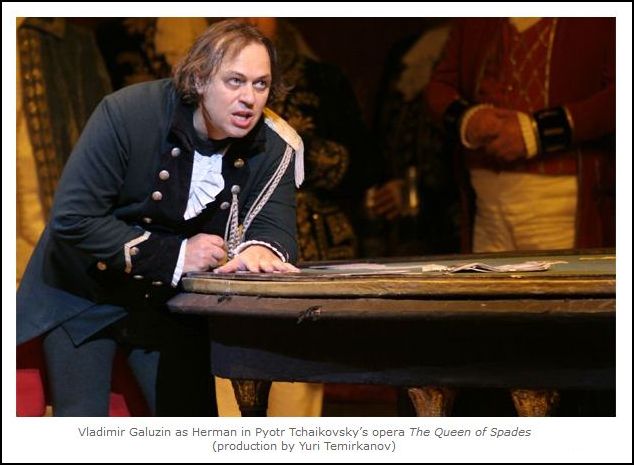 BD: [With a gentle nudge] Should
we not ask that of the tenor?
BD: [With a gentle nudge] Should
we not ask that of the tenor?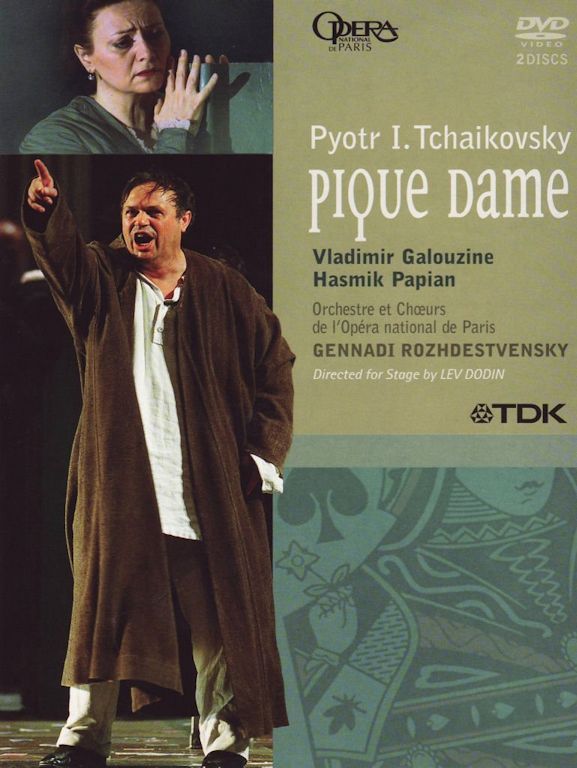 Galouzine: [Laughs] I can’t recall
any happy heroes in my repertoire! I love tremendously Tchaikovsky’s
opera Iolanta, and, by the way, he loved it, too. He loved
it more than his other operas. That has a happy ending. Right
now, though, I cannot name one of my characters that either did not kill
himself or somebody else. My heroes don’t live very long!
Galouzine: [Laughs] I can’t recall
any happy heroes in my repertoire! I love tremendously Tchaikovsky’s
opera Iolanta, and, by the way, he loved it, too. He loved
it more than his other operas. That has a happy ending. Right
now, though, I cannot name one of my characters that either did not kill
himself or somebody else. My heroes don’t live very long!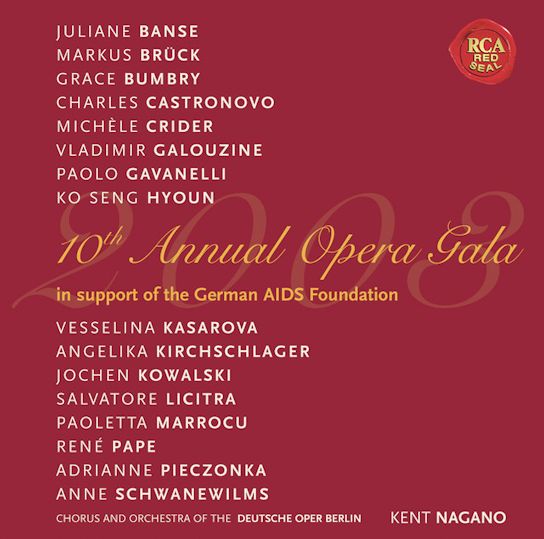 Galouzine: [Humorously] Whenever I work out, I immediately
catch a cold, so I’m trying to walk, to move around. When I run,
I catch a cold! [Laughs] When I was preparing the role of Otello,
I was working out, lifting pillows on myself. But no, not now.
This is very, very difficult for me, and people question me because you have
to remember my schedule is very full. One day I’m in Japan, and then
I have jet-lag, and then I’m in Vienna, and I’m in New York, all the time
traveling. My schedule makes it hard for me to exercise. I have
to work out while I’m in Japan, but if I’m sleeping and with jet-lag I really
have to just relax and rest. There is no systematic way to do it.
It’s very difficult.
Galouzine: [Humorously] Whenever I work out, I immediately
catch a cold, so I’m trying to walk, to move around. When I run,
I catch a cold! [Laughs] When I was preparing the role of Otello,
I was working out, lifting pillows on myself. But no, not now.
This is very, very difficult for me, and people question me because you have
to remember my schedule is very full. One day I’m in Japan, and then
I have jet-lag, and then I’m in Vienna, and I’m in New York, all the time
traveling. My schedule makes it hard for me to exercise. I have
to work out while I’m in Japan, but if I’m sleeping and with jet-lag I really
have to just relax and rest. There is no systematic way to do it.
It’s very difficult.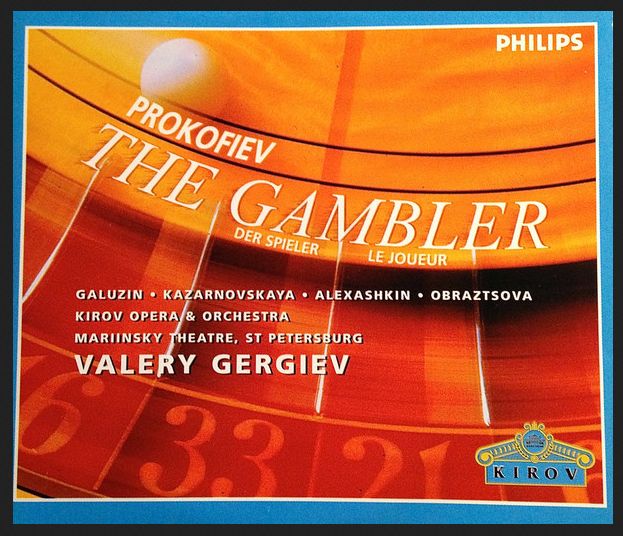 BD: What is it that we in the West
need to learn about Russian operas in order to perform them even better
than we do?
BD: What is it that we in the West
need to learn about Russian operas in order to perform them even better
than we do?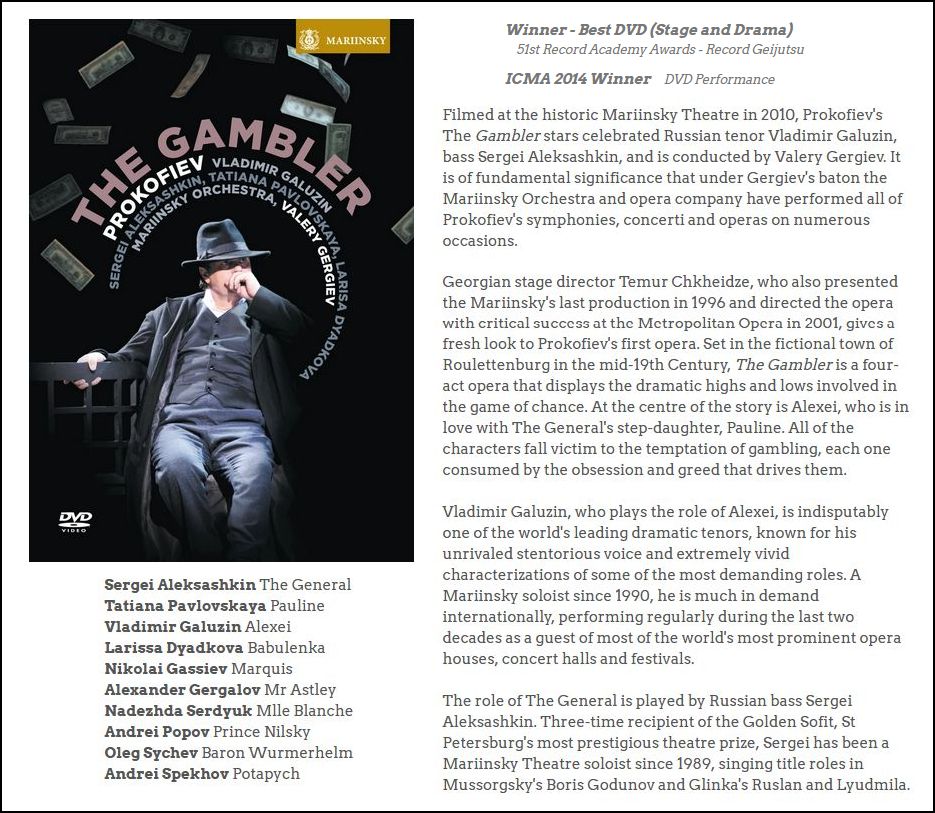
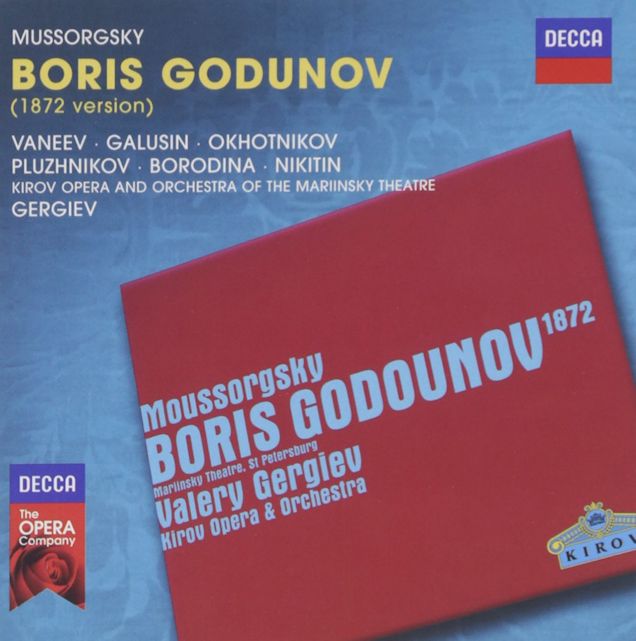 BD: Should we try to get more of the rock audiences to
come to the great productions?
BD: Should we try to get more of the rock audiences to
come to the great productions?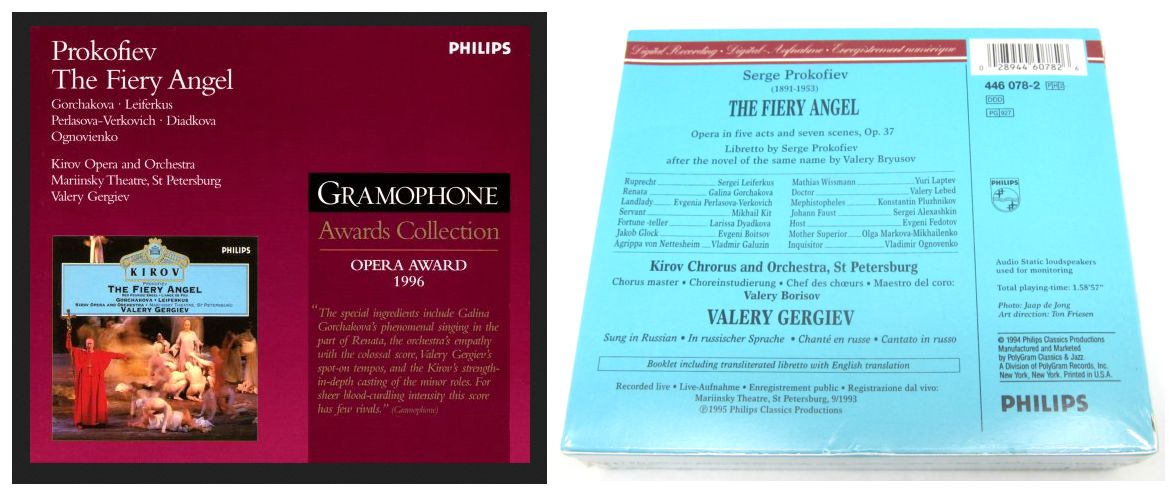
Vladimir Galouzine
at Lyric Opera of Chicago
2000/01 [Opening Night] Queen of Spades (Gherman) with Dalayman, Putilin, Skovhus, Palmer, Maultsby; Davis, Vick, D. Palumbo, Tallchief 2005/06 Manon Lescaut (Des Grieux) with Mattila, Feigum, Cangelosi; Bartoletti, Tambosi, Schuler, D. Palumbo 2006/07 [Opening Night] Turandot (Calaf) with Gruber, Racette, Tian; Bartoletti, Hockney 2008/09 Pagliacci (Canio) with Martínez, Delavan, Feigum, Jameson; R. Palumbo, Grayson, Moshinsky, Schuler 2009/10 [Opening Night] Tosca (Cavaradossi) with Voigt, Morris, Travis, Irvin; Davis, Zeffirelli, |
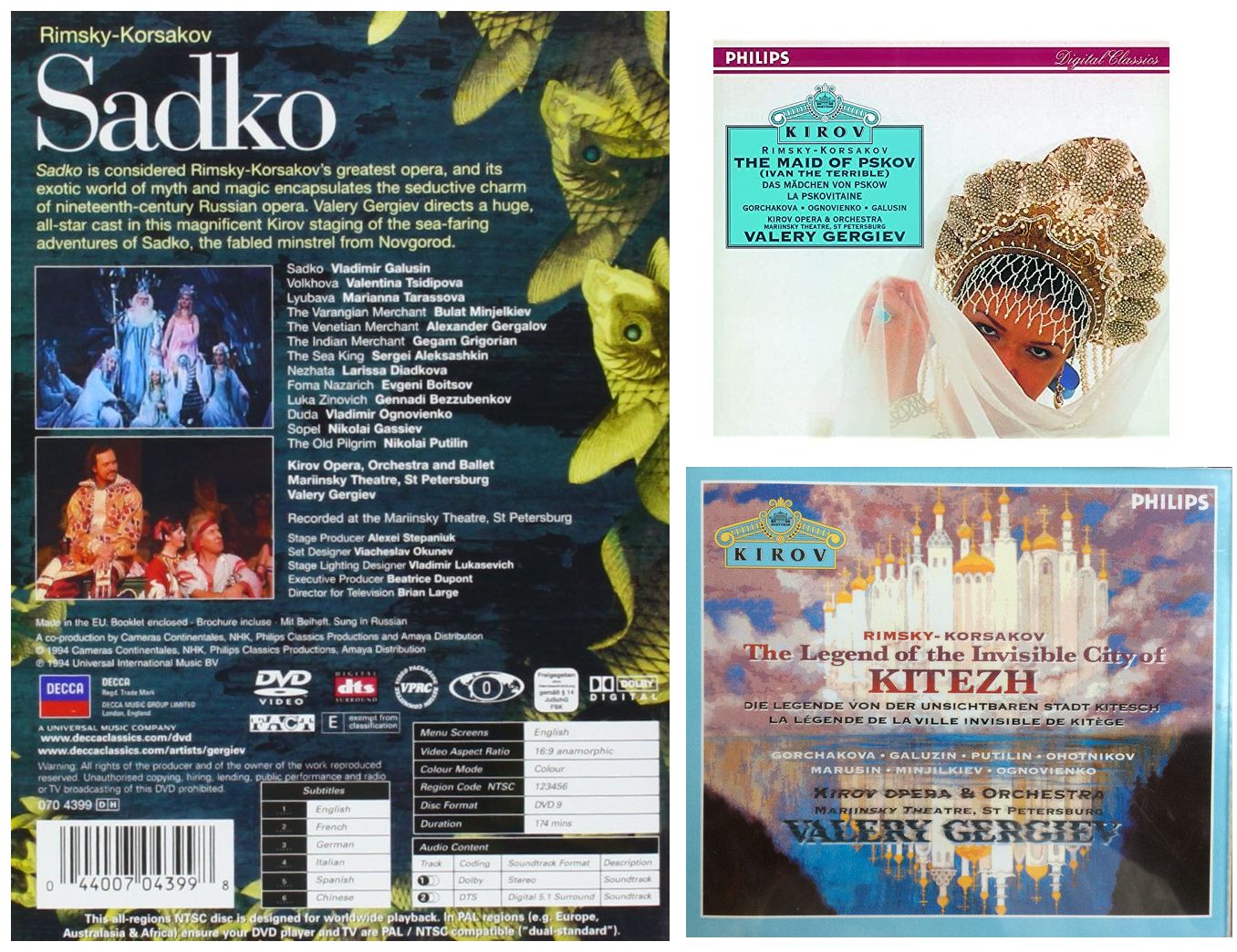
© 2000 Bruce Duffie
This conversation was recorded in Chicago on October 23, 2000. Portions were broadcast on WNIB three months later. This transcription was made in 2020, and posted on this website at that time. My thanks to Eva Belavsky for providing the translation for us during the interview, and to British soprano Una Barry for her help in preparing this website presentation.
To see a full list (with links) of interviews which have been transcribed and posted on this website, click here. To read my thoughts on editing these interviews for print, as well as a few other interesting observations, click here.
Award - winning broadcaster Bruce Duffie was with WNIB, Classical 97 in Chicago from 1975 until its final moment as a classical station in February of 2001. His interviews have also appeared in various magazines and journals since 1980, and he now continues his broadcast series on WNUR-FM, as well as on Contemporary Classical Internet Radio.
You are invited to visit his website for more information about his work, including selected transcripts of other interviews, plus a full list of his guests. He would also like to call your attention to the photos and information about his grandfather, who was a pioneer in the automotive field more than a century ago. You may also send him E-Mail with comments, questions and suggestions.